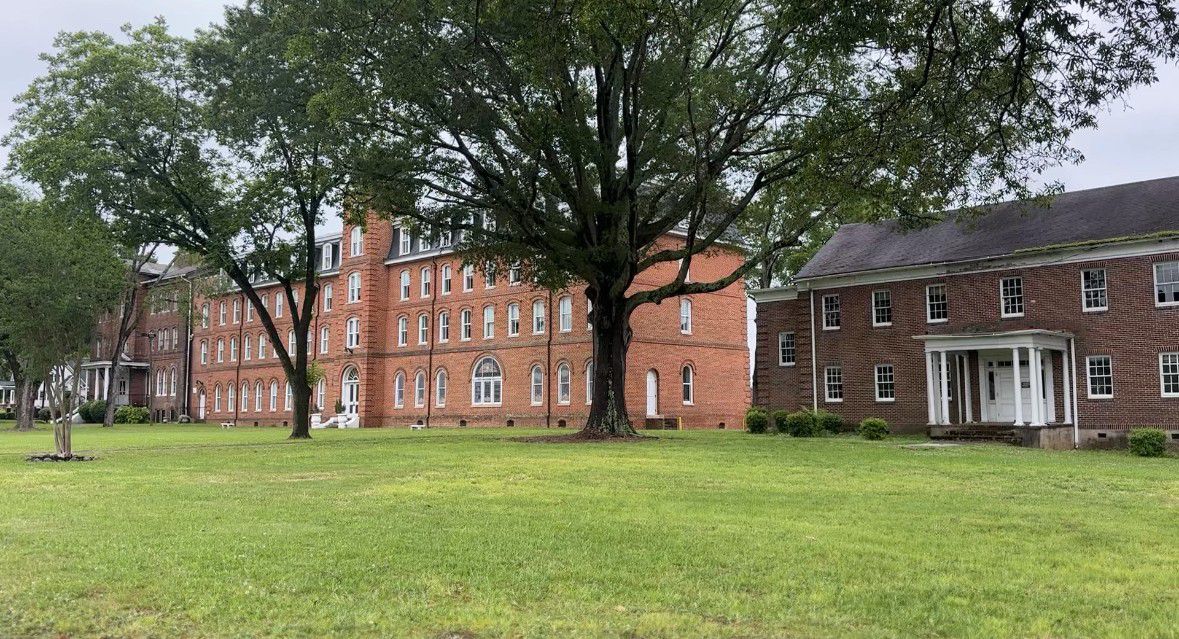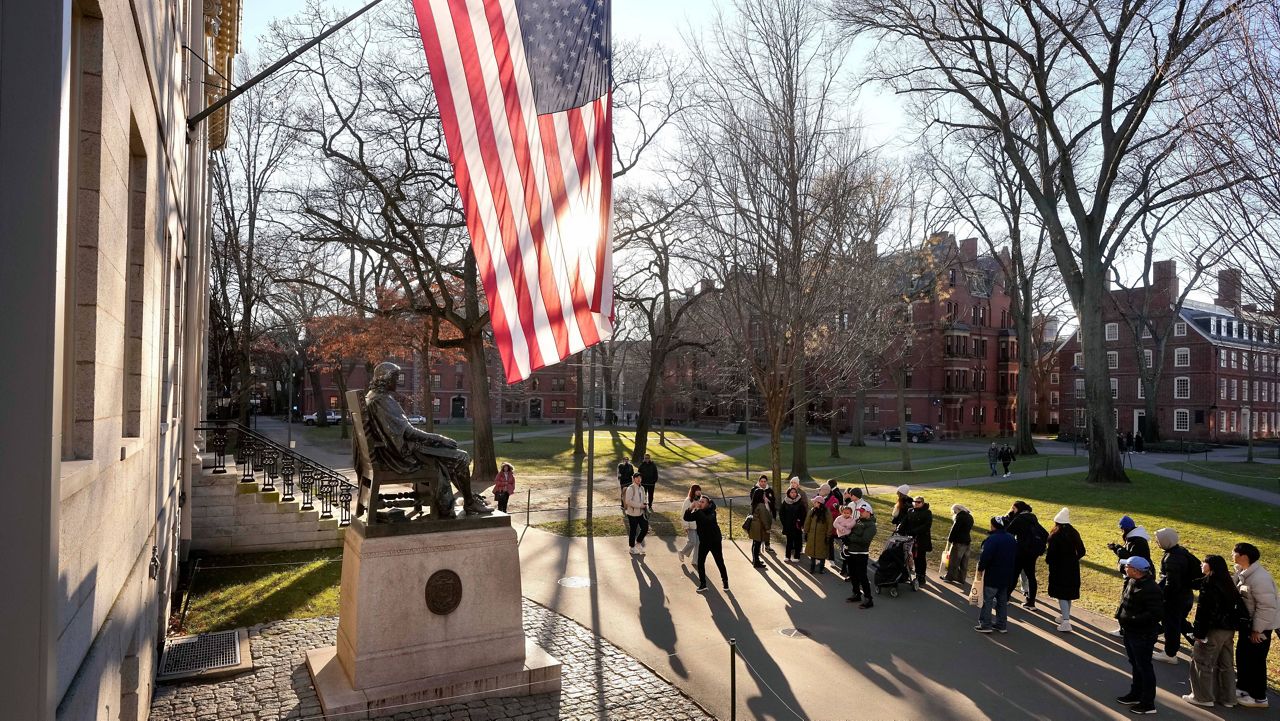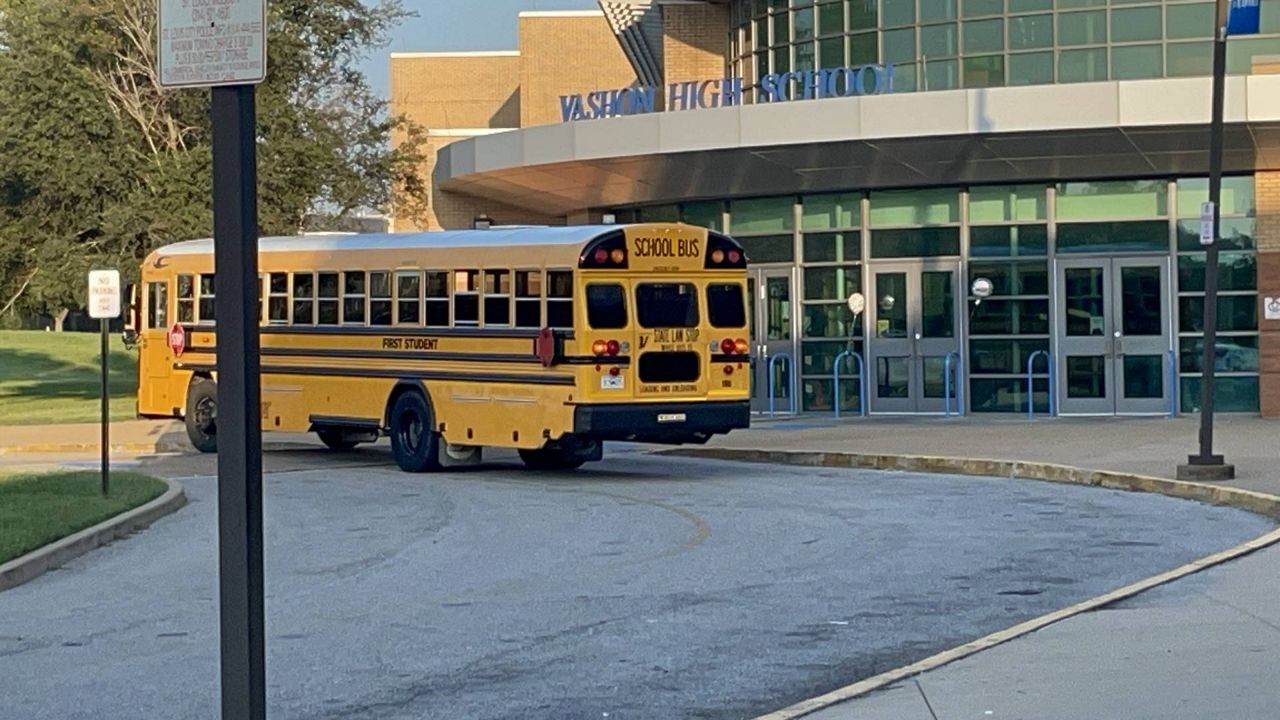FORSYTH COUNTY, N.C. — Forsyth County commissioners approved $3.7 million in American Rescue Plan Funding to expand and support pre-K programs in the county.
Forsyth County commissioners approved $3.7 million to support and expand pre-K programs locally
The Pre-K Priority is a grassroots organization working to bring affordable preschool to every 4-year-old in Forsyth County
The funding will support expansion over two years
The Pre-K Priority is an initiative with more than 80 local partners, striving to make pre-K programs accessible and affordable for all 4-year-olds in Forsyth County. The ARPA funding will create 30 preschool classrooms, as well as recruit, train and retain more teachers.
Theressa Stephens is the founder and director of Church Childcare in Walkertown. She’s an advocate for early childhood education and has been a part of the Pre-K Priority since its start in 2014. She believes the ARPA funding to expand pre-K programs is a great investment.
“This is going to open up doors for opportunities to have additional resources within our facility, having support from preschool intake, speech therapists,” Stephens said. "If there’s a developmental need, we will have those specialists to come into our facility and to assist our teachers but also train them, and so we’re really excited that this is going to open up a door for those teachers to get that exposure, something that they’ve never had, that private childcare centers have never had the resources to have a specialist to come in because we can’t afford it.”
Preschool gives children a chance to learn the fundamentals of education, while learning socially as well. Stephens says it’s important for a child to be in an educational and social environment before starting kindergarten.
“Research tells us that a child’s brain develops 90% by the time they’re age 3, so we want to make sure we’re impacting our children as early as infancy. We don’t want to wait until later, because it puts them at a higher risk when they do move on to kindergarten,” she said.
The funding would help Stephens secure and retain teachers and staff at her facility, if it’s selected. She says the labor shortage that’s hit the country has impacted the educational sector for much longer. The low wages offered in many teaching positions often forces teachers to change careers and find other jobs, according to Stephens.
“We’re in a workforce crisis, in our entire country, but people have to realize early childhood was already in a workforce crisis prior to the pandemic. It’s people out here that would want to teach, but they can’t afford to because of the salary,” she said.
The schools selected to participate will be notified in 2023. The funding will support the expansion over two years and the Pre-K Priority will monitor outcomes in hopes to continue future investments. For more information on the Pre-K Priority, click here.









